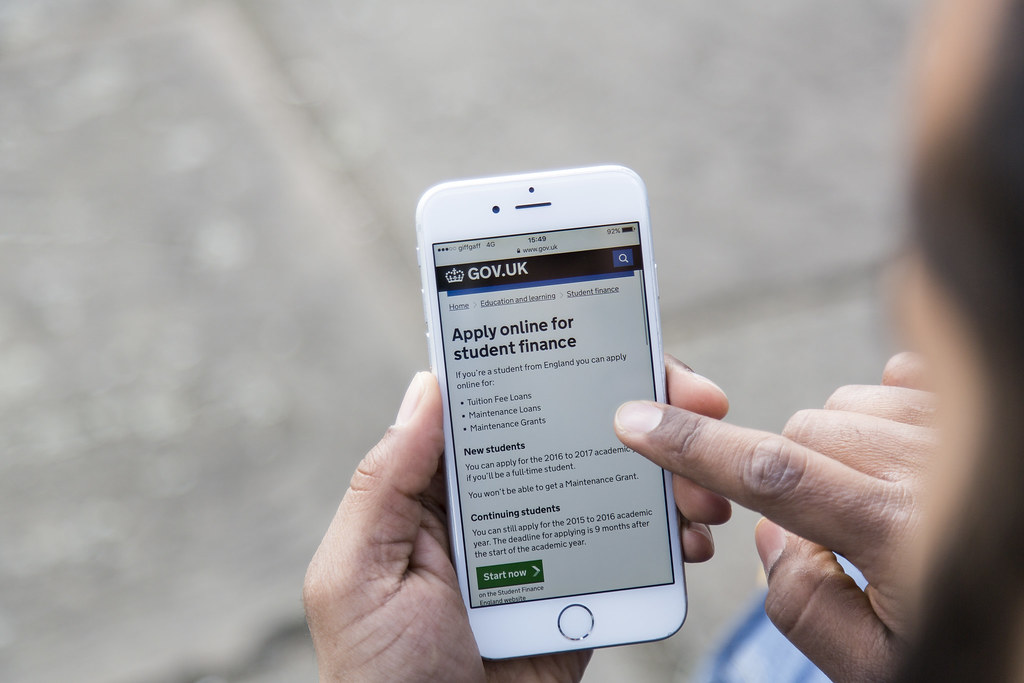Money is a paradox for students. We are the subject of student discount but extortionate tuition fees. Thankfully there are loans to cover them. Like a safety blanket at the bottom of a 9,250-foot drop.
The only way to rationalise a bad deal is to ignore it. But student finance has been texting again. “Reapply now”, it cries into our consciousness; a brutal awakening from a dream.
And once again, I’m reminded that this money is real. We are £9250 in debt from last year.
For many, this ‘year’ lasted from October to mid march, with a month off for Christmas, no third term at all, and significant time lost to strikes. £9250 really is a high price to pay for a couple of new brain cells (counteracted by the ones lost in the pub).
Our economic status is clear. Usually, we pass straight from the education system, into University. Legally, it isn’t possible to work until reaching the age of sixteen, where, legally, we can be paid much less than older people doing the same job.
How can we have such high economic burdens, I wonder, yet such low economic opportunities?
Earning £5.60 an hour over summer felt like a step forward, until I realised, to my horror, that I’d have to work 1652 hours to pay back a year of tuition. “Don’t worry” they respond to our concerns, “you only have to pay back the loan when you’re financially stable”. This seems to liken our fees to ‘fake money’, dismissing the cries of thousands of frustrated students by branding our grievances ‘not real’, (or half-real at best).
When university first shut, back in March, many of us went home. Houses stood empty; electricity, water and gas went unused. Yet rent still had to be paid. Like flushing money down the drain, with no way to stop it.
The pandemic has left some students unemployed and has wholly dried up the summer job market, for those who intended to earn money during this period. Yet there is no respite from landlords, many of whom have offered no flexibility when it comes to rent payment.
The maintenance loan often doesn’t cover rent alone, let alone living expenses. This money is real, not fake. Leeds may be lying vacant at the moment, but the pockets of students are being routinely emptied for all they’re worth. I think we’ve become accustomed to understanding every situation from the other side. Landlords would struggle if we didn’t pay them. Universities would struggle if we didn’t pay them. Yet students struggle too. The pandemic has caused unprecedented problems for everyone, and it is high time we stop being burdened by contracts that have taken on a shape we never agreed to.
For a government that provided the commendable furlough scheme, there has been remarkable silence on matters affecting students. Where is the tuition fee cut? Where is the leeway in leaving housing contracts? It seems we have no choice but to reemerge, blindly, into a flailing economy with nothing but immense loans on our backs.
There is one final cynical question on my tongue. Will we even be needing the property we signed for, next year?
We are yet to know whether our lectures will be online or in person. Yet, if Cambridge university is anything to go by, face to face teaching may not be on the cards for the foreseeable future. With a student body of around 20,000, Cambridge deemed that social distancing in lecture theatres wouldn’t be practical or safe. The University of Leeds has over 35,000 students, which will inevitably make safety measures even more complex.
No one can jump to any conclusions until we’ve heard our university’s plans for the future. Yet paying rent for a whole year, on a house we may not need at all, would be a disgrace. Contract law has well and truly failed us all in its inflexibility in the face of a pandemic. We are paying for houses that we aren’t living in and for tuition that we aren’t receiving. This isn’t a game of monopoly and our frustration is very much real. I hope for flexibility as we go forward into an uncertain future.
Amy Ramswell
Image: Flickr.

